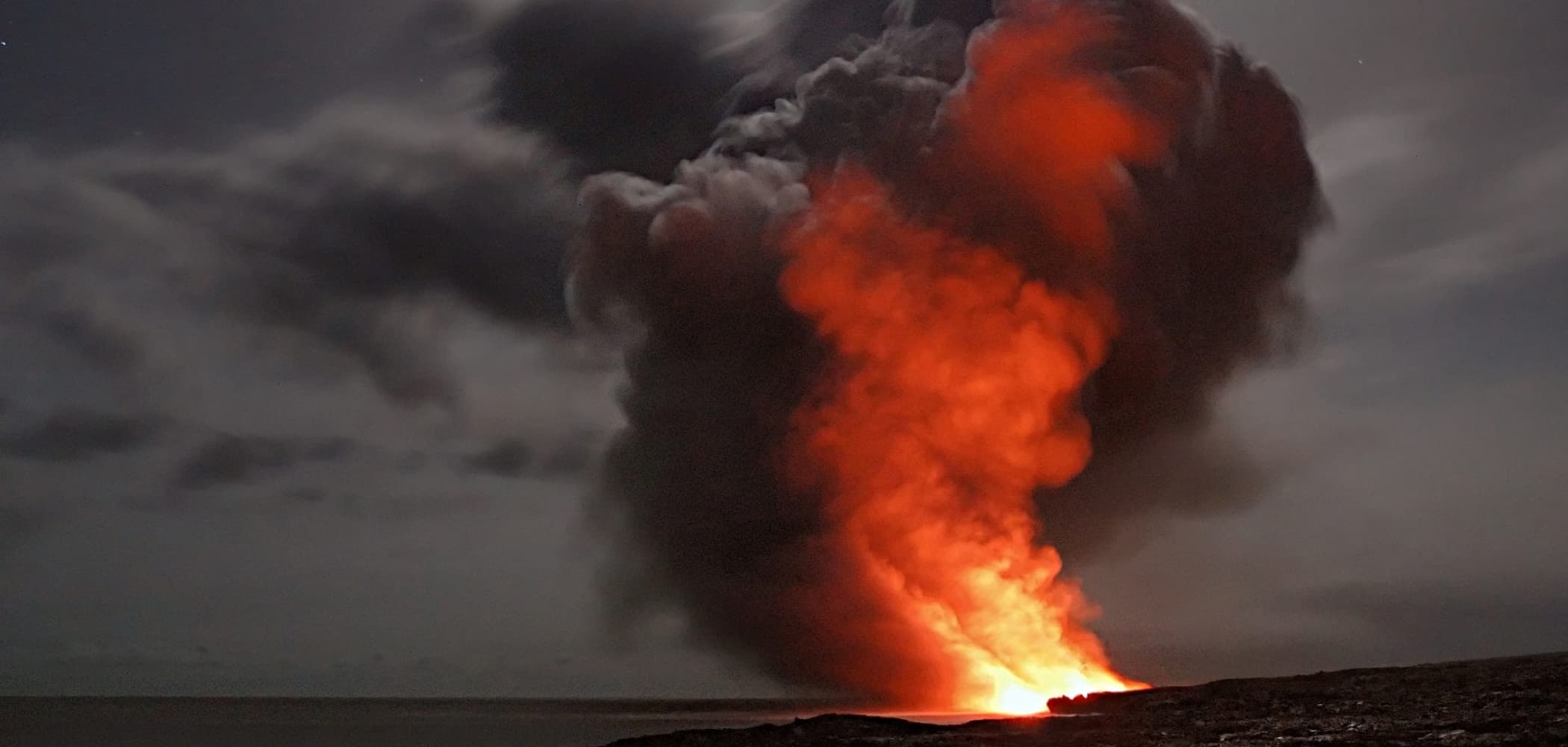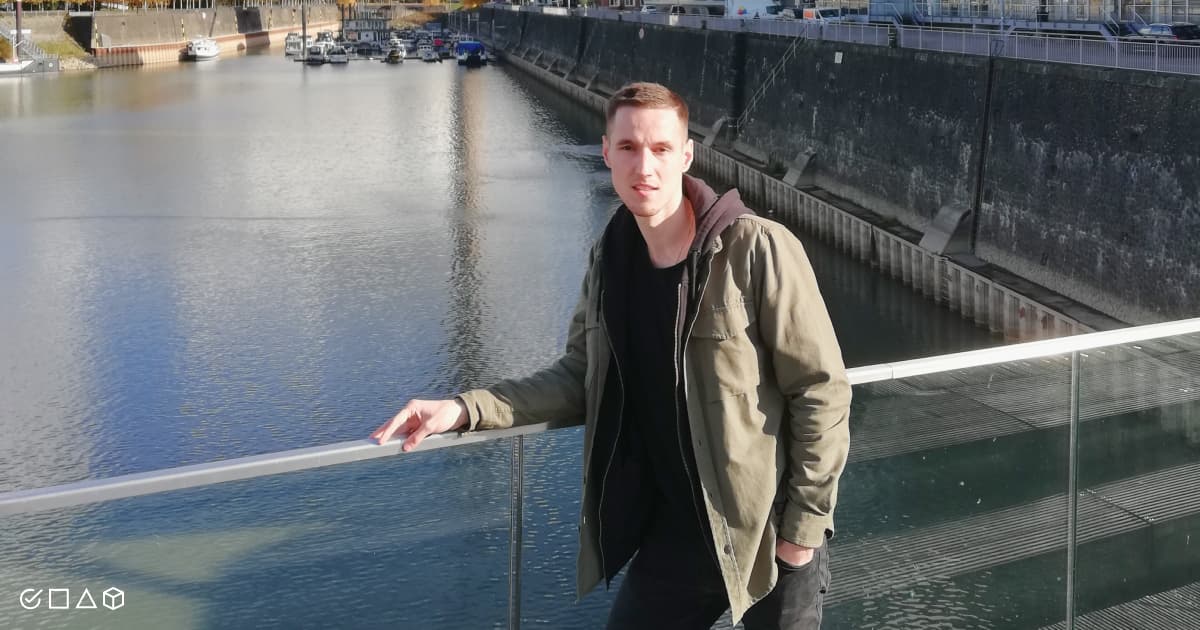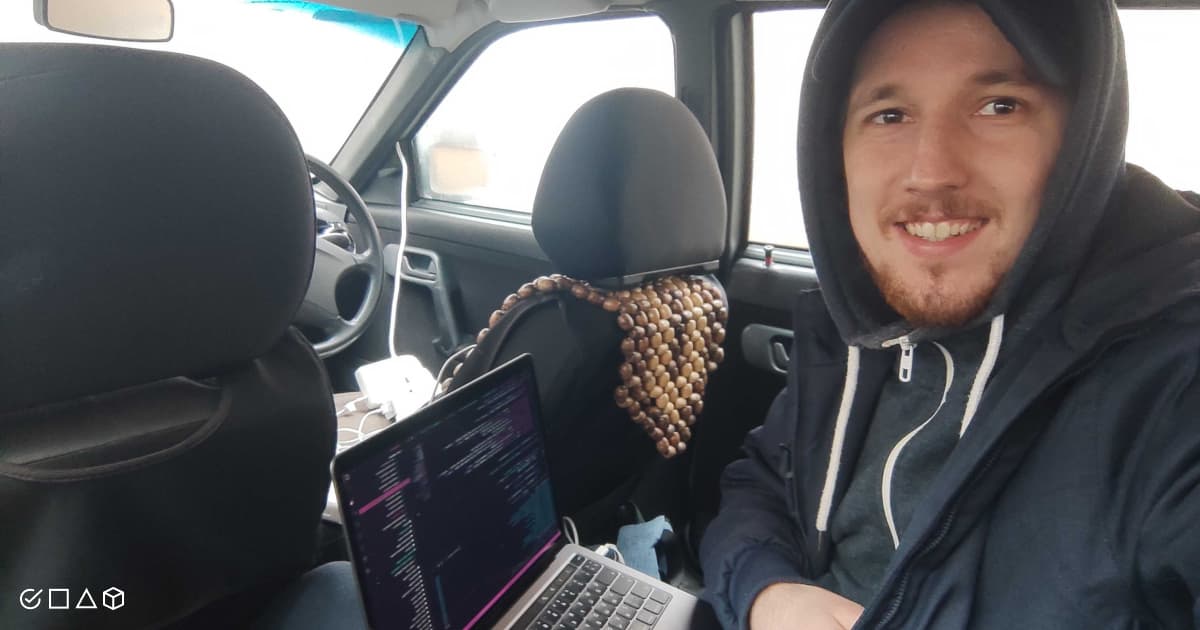The War Stories from Label Your Data
Table of Contents

The horrifying events in Ukraine are escalating, but our spirit cannot be so easily broken. In our last post, we shared the story of one of our team members, Oleksandr, who was relocated from his hometown of Irpin because of the war. Every story, though, is unique.
In times of war, not everyone can escape from the military hostilities and is, thus, forced to remain in the epicenter of life-threatening events. This is exactly what happened to one of our team members, Roman Liashchenko, a Front-End Developer at Label Your Data.
Today, we’d like to share Roman’s story of what it’s like to live, work, and even plan for the future in wartime, one step away from a fatal missile strike. We believe that by sharing these stories firsthand, we are raising global awareness of the reality of russian aggression on our land. To learn the truth, keep reading!
Straight from the Hotspots: Roman

— Roman, where are you right now and how are you feeling?
Currently, I’m in Chernihiv, the epicenter of military events, with my wife, her family, and our two dogs. We moved in together because it’s safer to live on the third floor than on the tenth floor, where my wife’s parents lived. My parents stayed in their own house closer to the suburbs. Our building is in a relatively safe neighborhood, because it’s surrounded by several other buildings, which kind of fits the two-wall rule.
I feel pretty normal because, you see, I’m the kind of person who always keeps a positive attitude and tries to look on the bright side of things (with a pinch of humor, of course). I think it’s easier this way, especially in times of war.
— How did you find out about the beginning of the war in Ukraine?
Honestly, it might have been an ordinary day for me, until my wife’s friend called her at 6 AM to tell us the news. At first, I didn’t believe it, skeptically denying the news. However, some time after that call, I heard the first air raid signal and two explosions in the suburbs, but they were too quiet to notice and be concerned at first. I must have had a deceptive calm from the beginning because you don’t immediately understand what war really is. In fact, I was ready to start working.
— Why didn’t you leave the city, which quickly became one of the hotspots during the war?
The first few days of the war here in Chernihiv were relatively calm. We even slept peacefully the first few nights. But when russian artillery began to reach our city, then we felt something akin to panic. However, there wasn’t even a thought of leaving our hometown. We were sure that everything would end quickly, and it would have no direct bearing on us.
We began to consider leaving Chernihiv after spending a few nights in our bomb shelter in the hallway. But there were a number of obstacles that made it difficult for us to leave right away. First, we were unable to leave because of the lack of fuel both in the car and at gas stations on the way to Kyiv. It was a huge risk for us to go to this strategically important city for our enemies. We didn’t want to get lost somewhere in the middle of nowhere. Second, we have elderly relatives who were hesitant to leave the city and had special health issues.
We had three attempts to leave Chernihiv and flee to a safer place, Cherkasy, to my colleague Oleksandr. The first time we were already in the car, ready to hit the road, when a car drove into our yard and a stranger told us it was too late because the bridge had been blown up. The second time, we counted on the pedestrian bridge, but it was also bombed the very day we wanted to leave the city. There was another attempt at the beginning, but that too was unsuccessful. In the end, we realized that it was probably for the best and there was a reason we had to stay. Who knows what was awaiting us there? Many Ukrainians never made it to a safe place…
We were cut off from all safe paths, and Chernihiv soon turned into a desert island. We also had no water and electricity for a long time. But things are much calmer now, so we don’t plan to leave anymore.
— How did the war affect your working life?
For the first few days, I continued to work as usual. But every time I opened the laptop to start my work, an air raid would start too, and we had to take shelter. All jokes aside, this happened every time I opened my laptop. Probably shouldn’t have opened it at all. However, everything changed when the electricity and Internet connection went out after the russians started shelling Chernihiv. I worked mostly offline and only on the tasks that could be handled without any Internet connection.
Once I found out that there was a military base with a working generator nearby, I came up with a solution. I was connecting to that generator and working from the car of one of the military men. It was a secret spot, but our military was generous enough to let me work there using their generator. I’ve never thought a car could be my new office. It was an interesting experience for sure. I tried to make the workflow as optimal as possible. What can I say, you get used to everything in this life.
In fact, I was really drawn to work. It was, and still is, a way of escaping apathy and the ray of hope I needed. But when I shift my gaze away from the laptop, though, I am confronted with the realities of war.

— What was going on in Chernihiv? Did any life-threatening situations happen to you during this time?
There was no russian military in the city, but we saw the suburbs all covered in smoke and flames. The closest attack was 500 meters away from our building, three hours of shelling, two days in a row. It really scared us. When you hear explosions, it’s not your life you’re worried about, but your wife, your loved ones, and your dogs. And I don’t know why that is.
Another notorious case was when the russians dropped a bomb on the hotel “Ukraine,” the pictures were all over the news.
However, one case struck me the most: a missile hit a high-rise building, right in the apartment we had planned to buy a few years earlier. What were the odds? When we saw it in person, we were speechless. It was frightening to think that we could have lived in that apartment at that moment. If someone had told me that this apartment would be destroyed by a russian missile a few years ago when I was going to buy it… I probably would have laughed. For me, this is the most memorable moment so far.
— What are your plans and goals after the war is over?
Since the beginning of the war in Ukraine, it has become difficult to plan for the future because you don’t even know what tomorrow holds. On the first day of the war, I even started my whiskey collection that I’d been collecting for many years from different countries. My instinct kicked in, and I thought: what will happen tomorrow? The first explosion is heard, the first sound of war, and you rethink your life a hundredfold. It’s like all your instincts are heightened in times of war.
Moreover, some kind of fierce patriotism awoke in me. You feel proud of your army, of your country, and of the fact that you are Ukrainian. I believe in our Armed Forces, so I think I can wish for a vacation in May. I also want to improve my English language skills, both for work and life, to discover new opportunities. These are the only plans I have at the moment.
The saddest part, though, is that I got used to war. War has become the norm for most Ukrainians, but that doesn’t mean we will ever give up.
Our Label Your Data team would like to thank Roman for sharing his personal experience of how one can live, work, and even keep on dreaming in a war zone. Through the stories of our team members, you can see how this war only makes Ukrainians stronger, pulling us all together!
Written by
Karyna is the CEO of Label Your Data, a company specializing in data labeling solutions for machine learning projects. With a strong background in machine learning, she frequently collaborates with editors to share her expertise through articles, whitepapers, and presentations.

